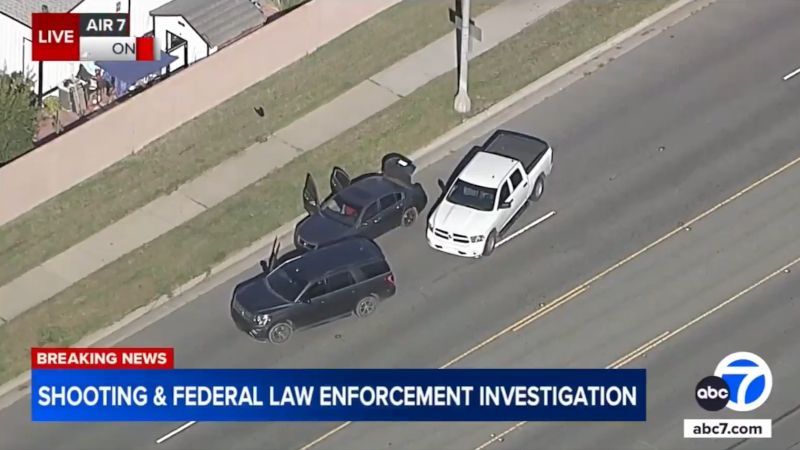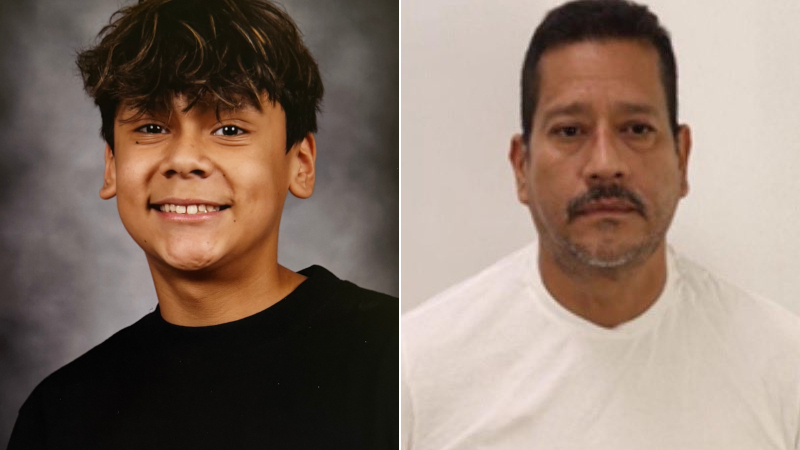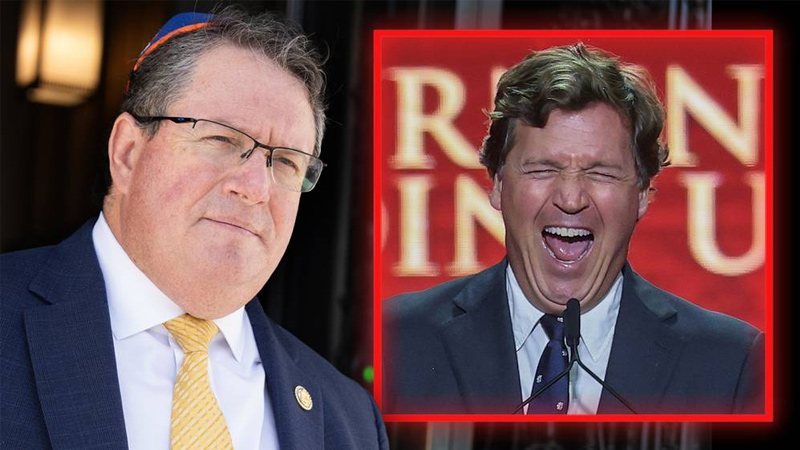
Federal agency tasked with overseeing firearms treads over Second Amendment protections.
The Bureau of Alcohol, Tobacco and Firearms (ATF) has submitted a change to a regulation regarding the definition of what it means to engage in business with firearms, stepping closer to requiring background checks on all gun purchases regardless of circumstance. At the same time the agency is also requesting funding for data analysts to gather gun trace information.
“Under this regulation, it will not matter if guns are sold on the internet at a gun show or at a brick-and-mortar store: If you sell guns predominately to earn a profit, you must be licensed, and you must conduct background checks,” Attorney General Merrick Garland wrote in a statement on the ATF website.
Due to the vaguely worded rule potentially requiring all sellers to attain a Federal Firearms License (FFL), critics say that the change undermines the rights of Americans under the Second Amendment to the Bill of Rights.
“The ATF is using the [Bipartisan Safer Communities Act] to substantially revise all regulations governing who and what constitutes a ‘dealer’ and how such dealers may conduct business,” Rep. Bob Good (R-Va.) wrote in a Dec. 7, 2023, letter to ATF Director Steen Dettelbach. “This proposal advances a radical left-wing agenda that will undermine the Second Amendment and the Constitutional rights of all Americans.”
The ATF states on their website the following regarding what clarifies when a person is ‘engaged in the business’ as a dealer in firearms at wholesale or retail by:
- clarifying the definition of “dealer,” and defining the terms “purchase,” “sale,” and “something of value” as they apply to dealers;
- adding definitions for the term “personal collection (or personal collection of firearms, or personal firearms collection),” and for “responsible person”;
- setting forth conduct that is presumed to constitute “engaging in the business” of dealing in firearms, and presumed to demonstrate the intent to “predominantly earn a profit” from the sale or disposition of firearms, absent reliable evidence to the contrary, in civil and administrative proceedings;
- clarifying that the intent to “predominantly earn a profit” does not require the person to have received pecuniary gain, and that intent does not have to be shown when a person purchases or sells a firearm for criminal or terrorism purposes;
- clarifying the circumstances when a person would not be presumed to engaged in the business of dealing in firearms, including as an auctioneer, or when purchasing firearms for, and selling firearms from, a personal collection;
- addressing the procedures former licensees, and responsible persons acting on behalf of such licensees, must follow when they liquidate business inventory upon revocation or other termination of their license; and
- clarifying that licensees must follow the verification and recordkeeping procedures in 27 CFR 478.94and Subpart H, rather than using an ATF Form 4473 when firearms are transferred to other licensees, including transfers by a licensed sole proprietor to that person’s personal collection.
While the aforementioned text is of the final rule as signed by the Attorney General, the official version of it will be as it is published in the Federal Register, at which point it will go into effect.
The AG signed the bill on Wednesday, and it will go into effect one month from then on May 10.
The 466 pages state the only requirement for determining if a person is engaged in the business of selling firearms is if they are trading to ‘predominately earn a profit’ rather than to earn a ‘livelihood’.
Depending on interpretation, the new rule makes transfer of one firearm between private citizens a profit-motivated sale, requiring the seller to attain an FFL and perform a check through the National Criminal Instant Background Check System, just like a gun store.
The Bureau also wishes for extra money, employees and technologies to battle weapons trafficking.
The ATF claims they currently have ‘unwieldy databases’, ‘outdated processes’ and a ‘lack of full-time employees’ to surveil guns from their initial sale to the time they may be found at a crime.
Alex Jones Details How Feds Targeted Him And Other Patriots




